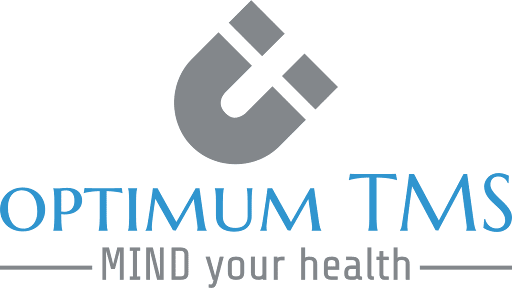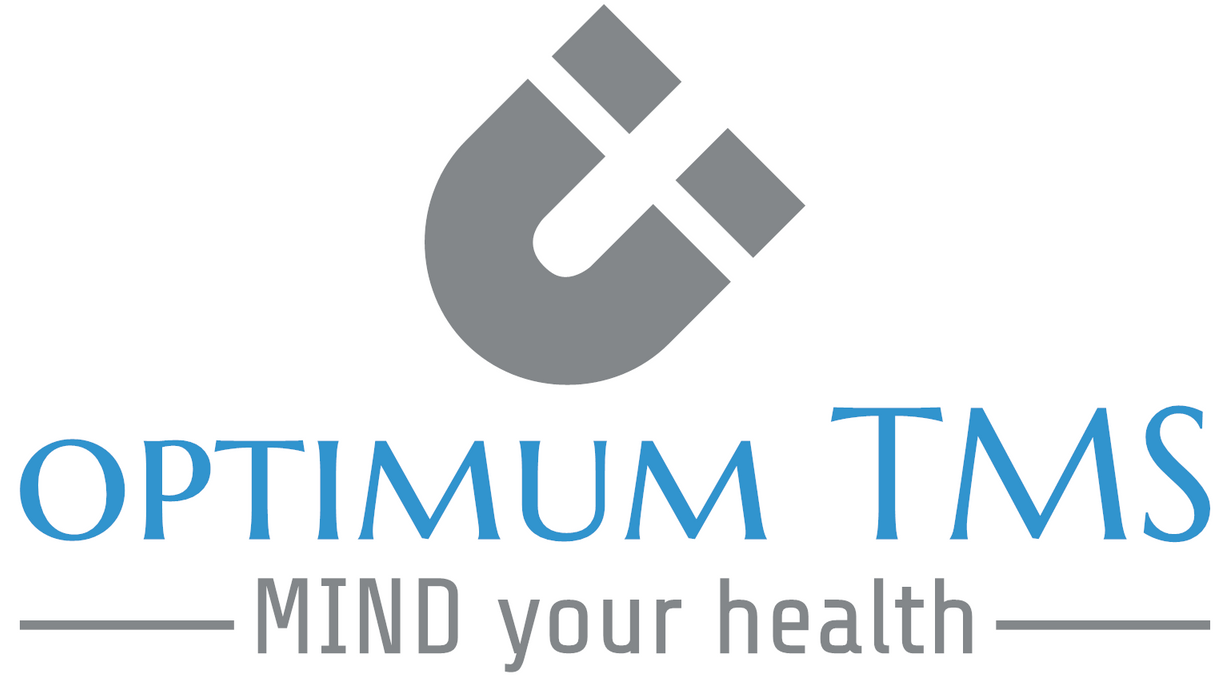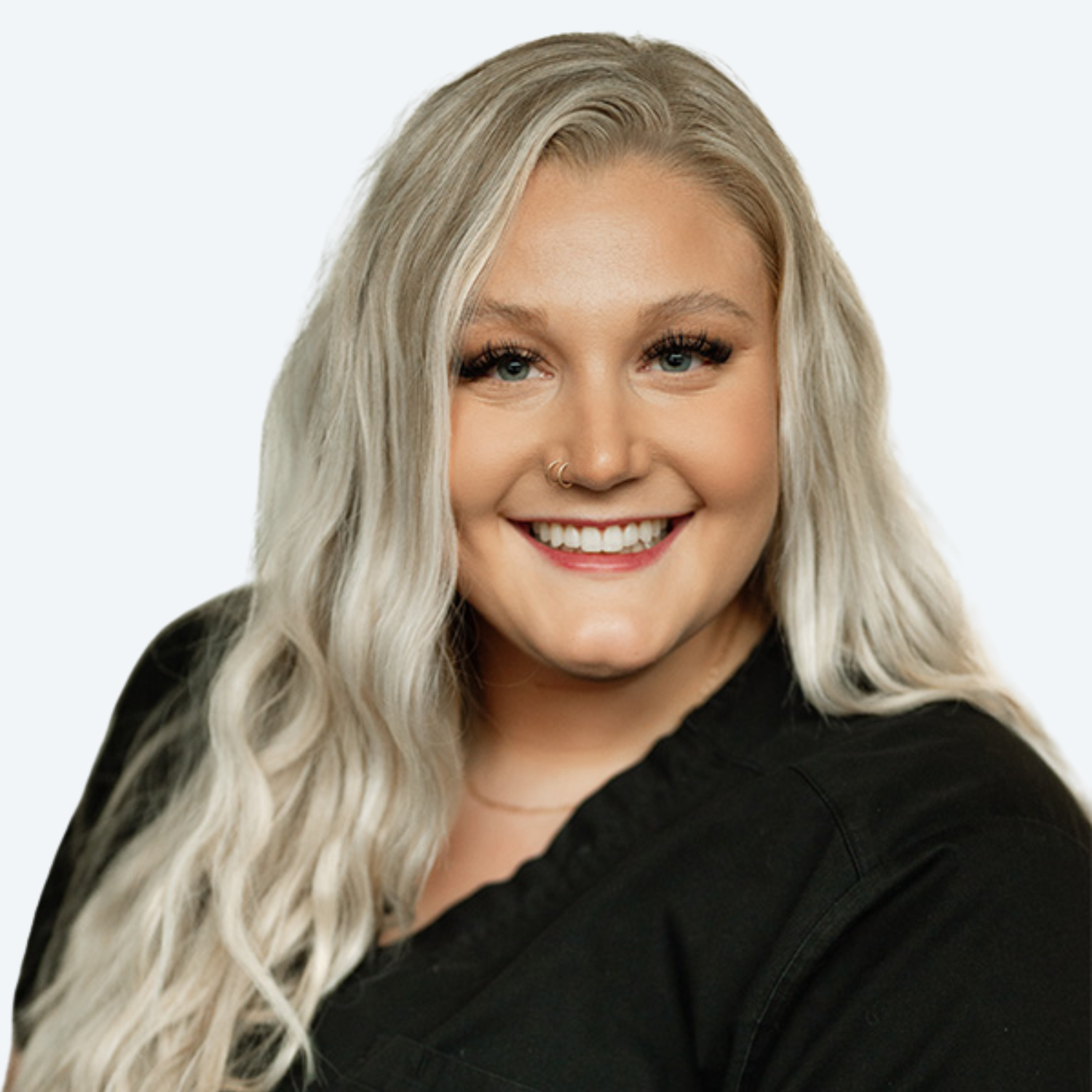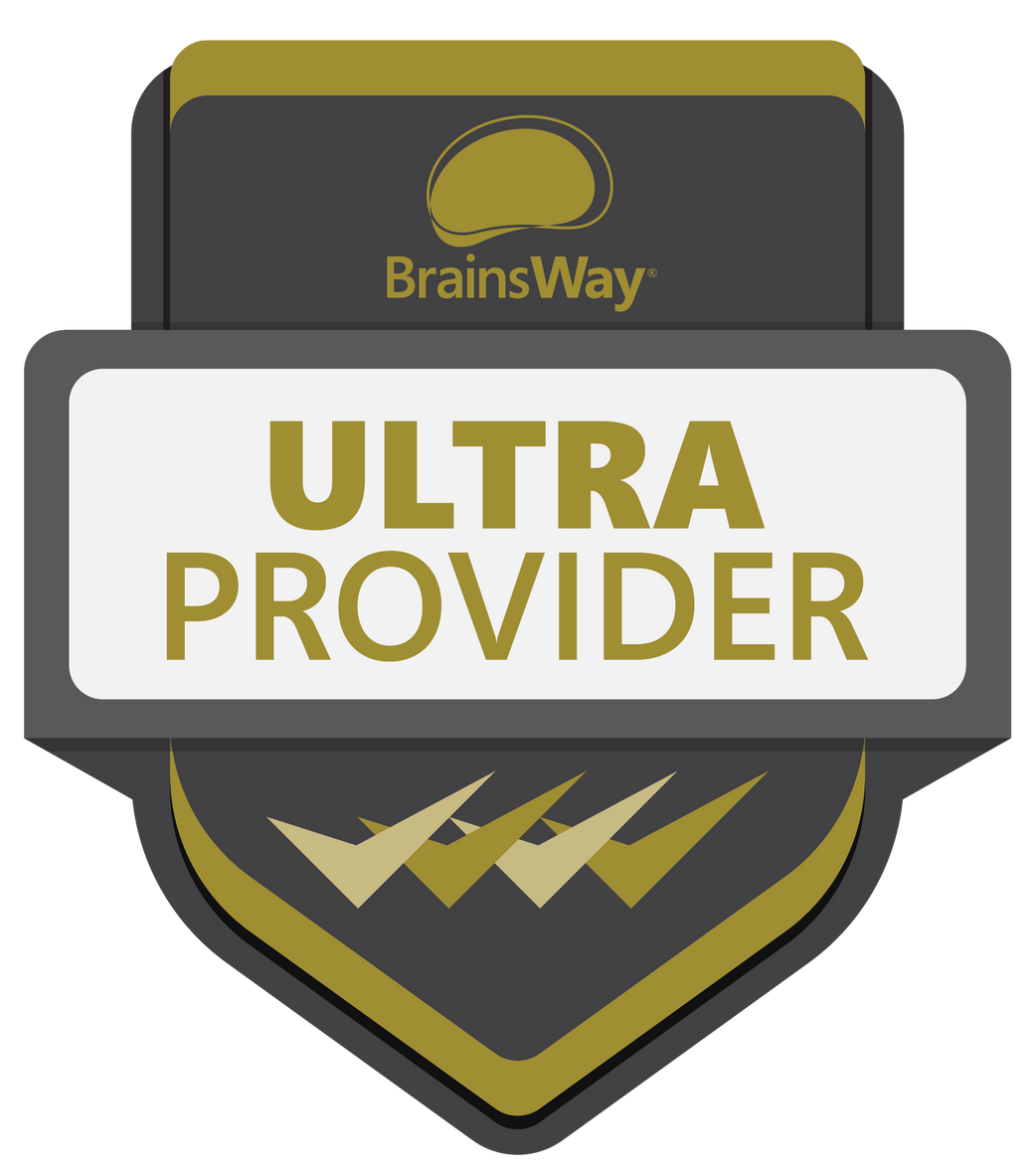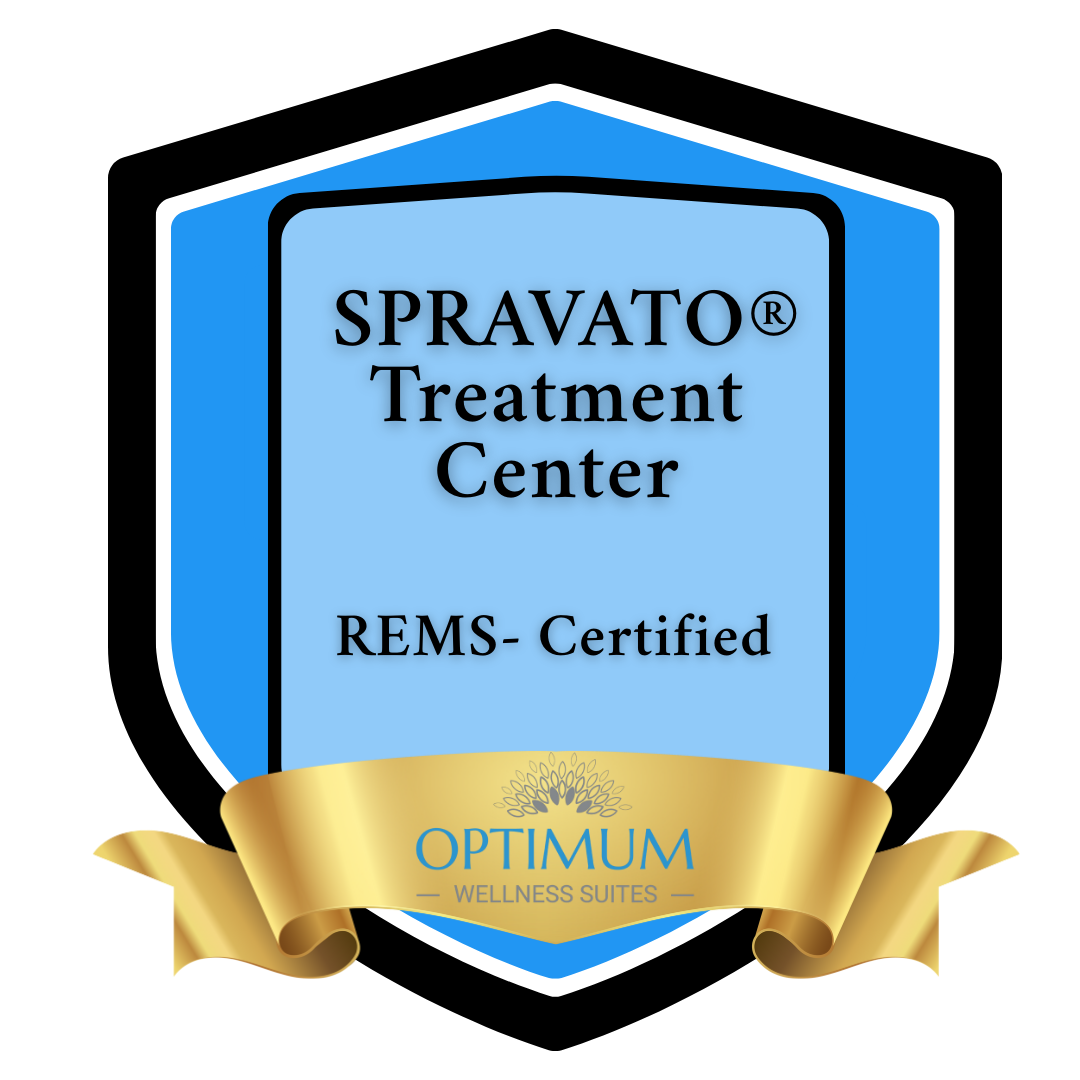70% response rate with improved mood and well-being
We accept most major insurance companies including Medicare, Medicaid, & VA.
We accept most major insurance companies including Medicare, Medicaid, & VA.
TMS For Depression

Leading Depression Treatment In Columbus, Ohio
Transcranial Magnetic Stimulation (TMS) is a non-invasive, novel approach to mental health treatment that is receiving more recognition as empirical evidence provides consistent positive outcomes.
TMS For Depression

Leading Depression Treatment In Columbus, Ohio
Transcranial Magnetic Stimulation (TMS) is a non-invasive, novel approach to mental health treatment that is receiving more recognition as empirical evidence provides consistent positive outcomes.
TMS For Depression

Leading Depression Treatment In Columbus, Ohio
Transcranial Magnetic Stimulation (TMS) is a non-invasive, novel approach to mental health treatment that is receiving more recognition as empirical evidence provides consistent positive outcomes.
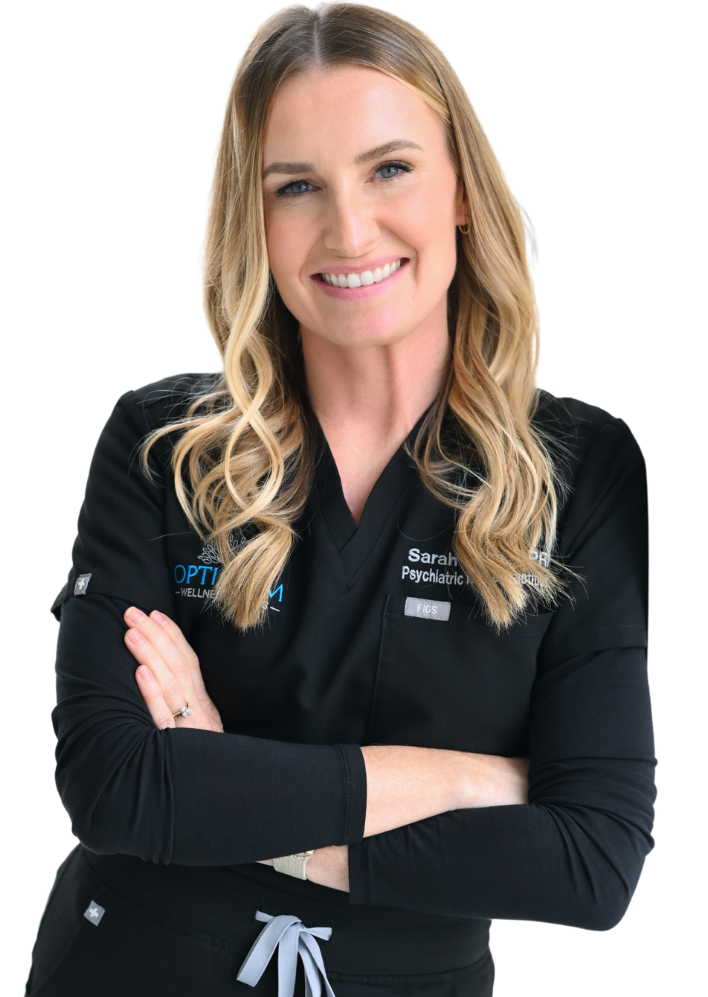
Benefits of TMS For Depression


Safe and FDA-approved for depression

Deep TMS reaches critical brain areas for better results

Benefits of TMS For Depression

70% response rate with improved mood and well-being

Safe and FDA-approved for depression

Deep TMS reaches critical brain areas for better results

Benefits of TMS For Depression

70% response rate with improved mood and well-being

Safe and FDA-approved for depression

Deep TMS reaches critical brain areas for better results
Why TMS for Depression?
According to a report published by the CDC, 14% of adults in the USA experienced depressive symptoms within the 2 weeks prior to their survey.¹ Depression is a widely prevalent mental health condition that remains difficult to manage for a large proportion of people.
Although psychotherapy and medication, such as SSRIs, are common therapy options, they are not always effective or can pose a variety of barriers to remission. Reduction in depressive symptoms may require trialing multiple different medications and waiting several weeks to take effect. For those with treatment-resistant depression (no significant change in symptomatology observed after trialing at least 2 types of medication),
alternative therapies, such as TMS, can be vital.
TMS is a modern approach to mental health treatment that focuses on restoring neural activity in targeted areas of the brain associated with depressive symptomatology, based on most current research.
Our Equipment and Deep TMS
At Optimum TMS and Wellness Suites, we take pride in offering modern, advanced care. The deep TMS technology we use by BrainsWay has been FDA-approved for treatment of depression. We exclusively use this equipment for our TMS therapy that specifically delivers dTMS.
The BrainsWay Deep TMS (dTMS) technology contains a H-shaped metal coil that creates a magnetic field capable of stimulating brain cells. The H-coil is crucial to the type of TMS treatment we offer. It allows for stimulation of areas in deeper layers of the brain to target areas specifically implicated in depressive symptomology. Comparatively, standard TMS machines are limited in the brain regions it can stimulate.
How We Use dTMS for Depression
Specifically, in TMS we focus on the dorsolateral prefrontal cortex. It is well-supported that this region is connected to areas responsible for behavioral response processing, reward system pathways, and emotional regulation — all of which are associated with depressive symptoms.
Recent studies conducted by BrainsWay demonstrated patients’ depressive symptoms significantly improve after receiving dTMS. 20 sessions of dTMS resulted in a
70% response rate and 40% remission rate.
This increased to an
80% response rate and 60% remission rate
when their treatment was extended to 30 sessions.²
Are There Side Effects?
TMS is a non-invasive therapy that delivers magnetic pulses to stimulate brain cells at an intensity that is tailored to each patient. Its intensity is adjusted to a level that provides the optimal outcome without creating any discomfort.
Like many mental health treatments, TMS therapy comes with a risk of side effects. This FDA-approved technology generally only leads to
mild or short-term side effects
that typically last for the first few sessions only. For instance, patients may experience headaches for a few hours after sessions. These can be alleviated with regular painkillers.
Read more:
TMS benefits & side effects →
Your Next Steps
To begin your TMS treatment, we invite you to a consultation with our medical professionals.
To reach out, call
614-933-4200
or visit our
contact page. After booking a consultation, please read our
consultation booklet. Don’t forget to fill out the form at the end of the booklet and bring this along with you to your first appointment where we can assess your therapy goals to determine whether TMS therapy best suits your needs.
Upon approval and confirmation of an appropriate protocol that prioritizes your goals and comfort, it is time for you to
come in for your first session!
During a TMS session, you are welcome to listen to music, or podcasts, or engage in other activities to occupy yourself. You will be able to drive yourself home, but also may find comfort in bringing a support person, which you are welcome to do.
Payment Options
Our TMS treatment plan for depression includes 36 sessions, valued at $7,500. This does not include a consultation appointment which is $200. Additionally, we offer several packages for TMS maintenance to cater for patients with varying response rates after the initial treatment. These packages are priced based on the number of total sessions.
We deeply value affordability and accessibility for healthcare. We accept most private and public health insurance policies, including Medicare and Medicaid. For any out-of-pocket cost that your insurance policy may not completely cover, we will work with you to find a payment plan that works best. This is why we work with
CareCredit
and strive to cater to more patients to help reduce barriers to mental health treatment. We are able to provide you an estimate of your anticipated out-of-pocket costs at your consultation.
References
¹Mykyta, L. (2024). Living Alone and Feelings of Depression Among Adults Age 18 and Older. National Health Statistics Reports, (199), 1-11.
Why TMS for Depression?
According to a report published by the CDC, 14% of adults in the USA experienced depressive symptoms within the 2 weeks prior to their survey.¹ Depression is a widely prevalent mental health condition that remains difficult to manage for a large proportion of people.
Although psychotherapy and medication, such as SSRIs, are common therapy options, they are not always effective or can pose a variety of barriers to remission. Reduction in depressive symptoms may require trialing multiple different medications and waiting several weeks to take effect. For those with treatment-resistant depression (no significant change in symptomatology observed after trialing at least 2 types of medication),
alternative therapies, such as TMS, can be vital.
TMS is a modern approach to mental health treatment that focuses on restoring neural activity in targeted areas of the brain associated with depressive symptomatology, based on most current research.
Our Equipment and Deep TMS
At Optimum TMS and Wellness Suites, we take pride in offering modern, advanced care. The deep TMS technology we use by BrainsWay has been FDA-approved for treatment of depression. We exclusively use this equipment for our TMS therapy that specifically delivers dTMS.
The BrainsWay Deep TMS (dTMS) technology contains a H-shaped metal coil that creates a magnetic field capable of stimulating brain cells. The H-coil is crucial to the type of TMS treatment we offer. It allows for stimulation of areas in deeper layers of the brain to target areas specifically implicated in depressive symptomology. Comparatively, standard TMS machines are limited in the brain regions it can stimulate.
How We Use dTMS for Depression
Specifically, in TMS we focus on the dorsolateral prefrontal cortex. It is well-supported that this region is connected to areas responsible for behavioral response processing, reward system pathways, and emotional regulation — all of which are associated with depressive symptoms.
Recent studies conducted by BrainsWay demonstrated patients’ depressive symptoms significantly improve after receiving dTMS. 20 sessions of dTMS resulted in a
70% response rate and 40% remission rate.
This increased to an
80% response rate and 60% remission rate
when their treatment was extended to 30 sessions.²
Are There Side Effects?
TMS is a non-invasive therapy that delivers magnetic pulses to stimulate brain cells at an intensity that is tailored to each patient. Its intensity is adjusted to a level that provides the optimal outcome without creating any discomfort.
Like many mental health treatments, TMS therapy comes with a risk of side effects. This FDA-approved technology generally only leads to
mild or short-term side effects
that typically last for the first few sessions only. For instance, patients may experience headaches for a few hours after sessions. These can be alleviated with regular painkillers.
Read more:
TMS benefits & side effects →
Your Next Steps
To begin your TMS treatment, we invite you to a consultation with our medical professionals.
To reach out, call
614-933-4200
or visit our
contact page. After booking a consultation, please read our
consultation booklet. Don’t forget to fill out the form at the end of the booklet and bring this along with you to your first appointment where we can assess your therapy goals to determine whether TMS therapy best suits your needs.
Upon approval and confirmation of an appropriate protocol that prioritizes your goals and comfort, it is time for you to
come in for your first session!
During a TMS session, you are welcome to listen to music, or podcasts, or engage in other activities to occupy yourself. You will be able to drive yourself home, but also may find comfort in bringing a support person, which you are welcome to do.
Payment Options
Our TMS treatment plan for depression includes 36 sessions, valued at $7,500. This does not include a consultation appointment which is $200. Additionally, we offer several packages for TMS maintenance to cater for patients with varying response rates after the initial treatment. These packages are priced based on the number of total sessions.
We deeply value affordability and accessibility for healthcare. We accept most private and public health insurance policies, including Medicare and Medicaid. For any out-of-pocket cost that your insurance policy may not completely cover, we will work with you to find a payment plan that works best. This is why we work with
CareCredit
and strive to cater to more patients to help reduce barriers to mental health treatment. We are able to provide you an estimate of your anticipated out-of-pocket costs at your consultation.
References
¹Mykyta, L. (2024). Living Alone and Feelings of Depression Among Adults Age 18 and Older. National Health Statistics Reports, (199), 1-11.
Why TMS for Depression?
According to a report published by the CDC, 14% of adults in the USA experienced depressive symptoms within the 2 weeks prior to their survey.¹ Depression is a widely prevalent mental health condition that remains difficult to manage for a large proportion of people.
Although psychotherapy and medication, such as SSRIs, are common therapy options, they are not always effective or can pose a variety of barriers to remission. Reduction in depressive symptoms may require trialing multiple different medications and waiting several weeks to take effect. For those with treatment-resistant depression (no significant change in symptomatology observed after trialing at least 2 types of medication),
alternative therapies, such as TMS, can be vital.
TMS is a modern approach to mental health treatment that focuses on restoring neural activity in targeted areas of the brain associated with depressive symptomatology, based on most current research.
Our Equipment and Deep TMS
At Optimum TMS and Wellness Suites, we take pride in offering modern, advanced care. The deep TMS technology we use by BrainsWay has been FDA-approved for treatment of depression. We exclusively use this equipment for our TMS therapy that specifically delivers dTMS.
The BrainsWay Deep TMS (dTMS) technology contains a H-shaped metal coil that creates a magnetic field capable of stimulating brain cells. The H-coil is crucial to the type of TMS treatment we offer. It allows for stimulation of areas in deeper layers of the brain to target areas specifically implicated in depressive symptomology. Comparatively, standard TMS machines are limited in the brain regions it can stimulate.
How We Use dTMS for Depression
Specifically, in TMS we focus on the dorsolateral prefrontal cortex. It is well-supported that this region is connected to areas responsible for behavioral response processing, reward system pathways, and emotional regulation — all of which are associated with depressive symptoms.
Recent studies conducted by BrainsWay demonstrated patients’ depressive symptoms significantly improve after receiving dTMS. 20 sessions of dTMS resulted in a
70% response rate and 40% remission rate.
This increased to an
80% response rate and 60% remission rate
when their treatment was extended to 30 sessions.²
Are There Side Effects?
TMS is a non-invasive therapy that delivers magnetic pulses to stimulate brain cells at an intensity that is tailored to each patient. Its intensity is adjusted to a level that provides the optimal outcome without creating any discomfort.
Like many mental health treatments, TMS therapy comes with a risk of side effects. This FDA-approved technology generally only leads to
mild or short-term side effects
that typically last for the first few sessions only. For instance, patients may experience headaches for a few hours after sessions. These can be alleviated with regular painkillers.
Read more:
TMS benefits & side effects →
Your Next Steps
To begin your TMS treatment, we invite you to a consultation with our medical professionals.
To reach out, call
614-933-4200
or visit our
contact page. After booking a consultation, please read our
consultation booklet. Don’t forget to fill out the form at the end of the booklet and bring this along with you to your first appointment where we can assess your therapy goals to determine whether TMS therapy best suits your needs.
Upon approval and confirmation of an appropriate protocol that prioritizes your goals and comfort, it is time for you to
come in for your first session!
During a TMS session, you are welcome to listen to music, or podcasts, or engage in other activities to occupy yourself. You will be able to drive yourself home, but also may find comfort in bringing a support person, which you are welcome to do.
Payment Options
Our TMS treatment plan for depression includes 36 sessions, valued at $7,500. This does not include a consultation appointment which is $200. Additionally, we offer several packages for TMS maintenance to cater for patients with varying response rates after the initial treatment. These packages are priced based on the number of total sessions.
We deeply value affordability and accessibility for healthcare. We accept most private and public health insurance policies, including Medicare and Medicaid. For any out-of-pocket cost that your insurance policy may not completely cover, we will work with you to find a payment plan that works best. This is why we work with
CareCredit
and strive to cater to more patients to help reduce barriers to mental health treatment. We are able to provide you an estimate of your anticipated out-of-pocket costs at your consultation.
References
¹Mykyta, L. (2024). Living Alone and Feelings of Depression Among Adults Age 18 and Older. National Health Statistics Reports, (199), 1-11.
Take Control of Your Mental Health
Worried about the cost or unsure if TMS is the right treatment for you? Discover our flexible payment options and see how TMS could transform your mental health journey.
For more information about TMS therapy for Depression or to schedule an appointment, call us at
614-933-4200
or
visit our contact page.
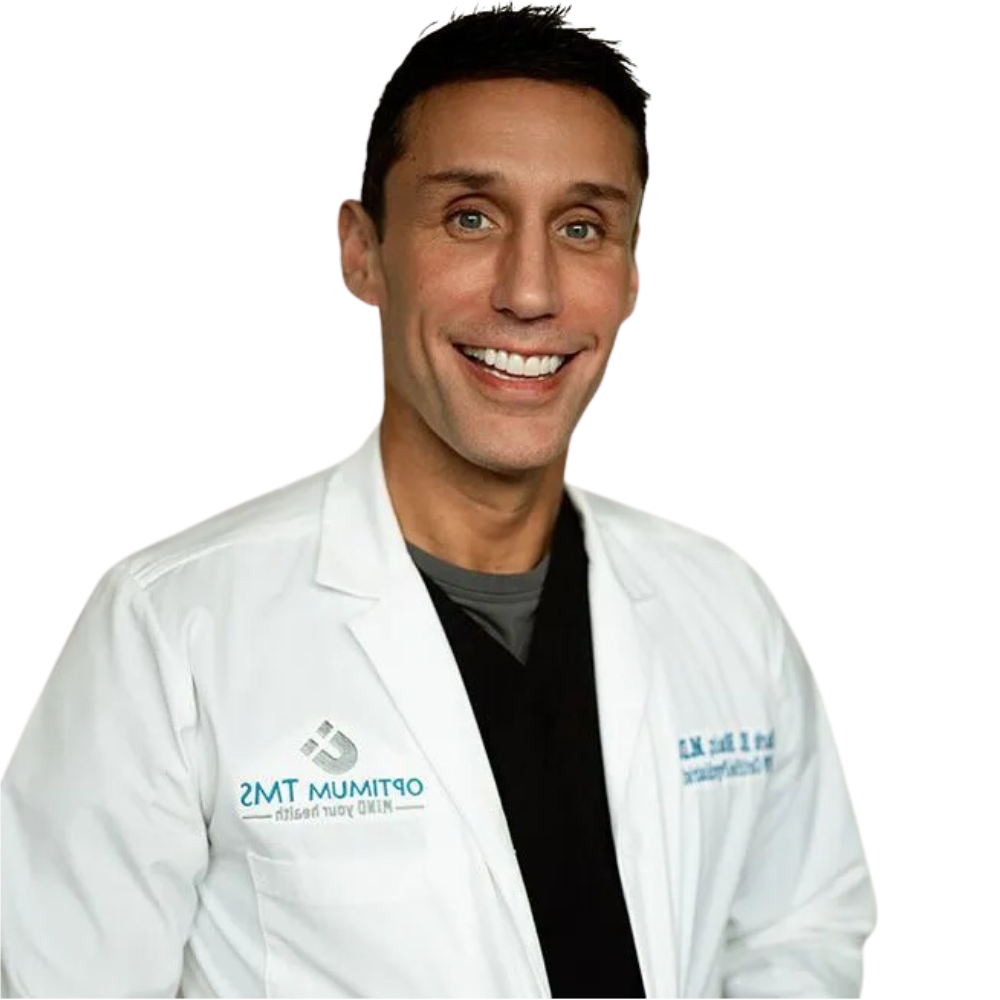

For more information about TMS therapy for depression or to schedule an appointment, call us at
614-933-4200
or
visit our contact page.

For more information about TMS therapy for depression or to schedule an appointment, call us at
614-933-4200
or
visit our contact page.
"I just finished a full course of TMS at Optimum and had a fantastic overall experience! The treatment itself worked even better than I expected - which was shocking for me, given that I have struggled with treatment resistant depression for most of my life and was in the worst depressive episode I’d had in years when I started TMS. My symptoms decreased enough to make a HUGE difference in my day to day life, and it gave me the energy and motivation to keep investing in my mental health post-TMS. The entire staff is thoughtful, funny, and super friendly, and they were always very quick to help me accommodate my changing schedule and work with my insurance..."
Poppi
Services & Resources

Are there side effects?
Generally, TMS is well-tolerated. Some patients have reported slight headaches, toothaches, or some discomfort at the treatment site, though they subside at the end of each treatment session.
Can TMS help with PTSD or anxiety?
In the United States, the FDA has only approved TMS for treatment-resistant major depressive disorder and obsessive-compulsive disorder. However, numerous clinical trials provide evidence that TMS can safely and effectively treat other conditions, such as anxiety, PTSD, Parkinson’s disease, and ADHD. Symptoms of these illnesses may improve even when the primary treatment goal is to alleviate symptoms of clinical depression and/or OCD. Currently, our office does not explicitly use TMS to treat Bipolar Disorder, Psychosis, or Schizophrenia.
Does insurance cover TMS treatment?
TMS costs are more affordable than you may have heard. Most insurances including Medicare provide coverage for TMS as it is becoming more sought after by patients.
Will this work?
TMS therapy has demonstrated successful results in research and in practice for many, especially for individuals with treatment-resistant depression. For instance, results in our clinic have shown that about 75% of our patients were responsive to TMS treatment for depression (ie. they had a reduction in symptoms of at least 50%). 50% of our patients achieved full remission of their depressive symptoms. TMS for OCD has varied results.
Is TMS different to Shock Therapy (ECT)?
Yes. Both treatments have been shown to be helpful for treatment-resistant depression. ECT may be preferred for patients with depression characterized by psychotic features (eg. catatonia, active suicidal thoughts). Unlike TMS, ECT is invasive, requires anesthesia, and electric shocks. TMS uses safe, non-invasive electromagnetic pulses.
Can everyone undergo TMS therapy?
Although it is a safe method, TMS is contraindicated in patients with a history of seizures and with implanted metallic devices or non-removable metallic objects in or around the head (except for standard amalgam dental fillings).
Serving Ohio Since 2017
Why Choose Optimum TMS
Our team of board-certified psychiatrists, psychiatric nurse practitioners, TMS technicians, and compassionate administration members are dedicated to providing accessible, patient-centered care and want to ensure your comfort in proceeding with any treatment.

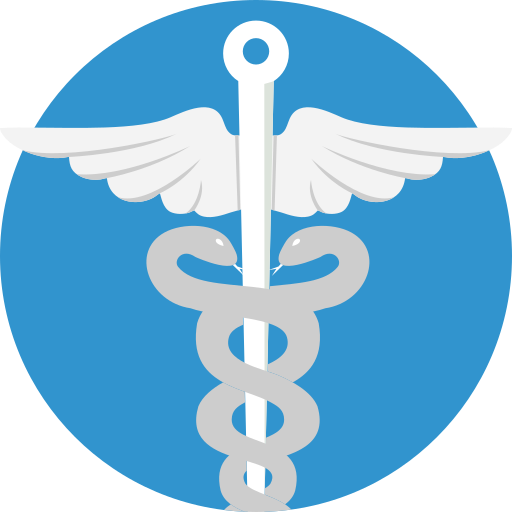
Insurance Accepted
Including Medicare

Financing Available
With CareCredit
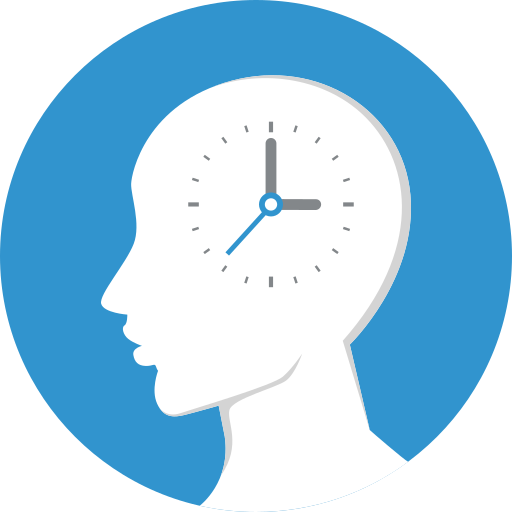
Accelerated TMS
5 Day Relief Program

Personalized Treatment
Tailored to You
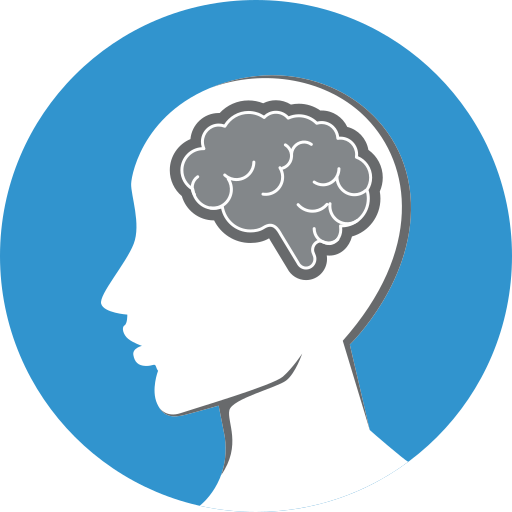
Combined Treatments
Spravato and TMS

Expert Care
Board-Certified Psychiatrist

Flexible Plans to Fit Your Budget
We’re committed to making TMS therapy as accessible as possible

Self-Pay Options: Pay upfront or divide costs into manageable installments, for instance, an out-of-pocket cost of $1,000 can be spread over 60 months for as little as $17/month.

Insurance Coverage: We work with leading providers like Aetna, Cigna, Medicare, and more, and can assist in navigating coverage criteria.

CareCredit: Finance your treatment with CareCredit, allowing for tailored payment plans.
Our Treatment Process

You will be seated in a private room, where you are able to watch TV, read, or use your phone during treatment. A TMS device will be positioned on your head and you will feel a tapping sensation every few seconds throughout the session. A TMS technician will remain in the room to ensure your comfort and care. After the session, you will be able to resume daily activities without limitations.
Consultation
You will meet with Dr. Blair to confirm your candidacy for TMS. Dr. Blair will provide a detailed overview of TMS and answer any questions.
Prior Authorization
We handle all the paperwork. The speed of an authorization depends on the insurance company. Typically, 1 day to 2 weeks is a normal speed.
Initial Treatment
Once authorization is obtained, we will contact you to schedule your first appointment. Typically, we can begin TMS within 1 week.
Daily Treatment
Treatments are 5x a week, M-F. You will receive 36 total treatments. Hours of operation are 7 am - 6 pm
Meet with Dr. Blair
On your last treatment day, you will meet with Dr. Blair to discuss outcomes and next steps.
Maintenance Treatment
For those that achieve remission or a significant response to TMS, Maintenance TMS may be an option. Dr. Blair can discuss this with you. This is not covered by insurance.
Contact Us
Call
614-933-4200
or complete our simple online form.

Contact Us
We will get back to you as soon as possible.
Please try again later.
"I just finished a full course of TMS at Optimum and had a fantastic overall experience! The treatment itself worked even better than I expected - which was shocking for me, given that I have struggled with treatment resistant depression for most of my life and was in the worst depressive episode I’d had in years when I started TMS. My symptoms decreased enough to make a HUGE difference in my day to day life, and it gave me the energy and motivation to keep investing in my mental health post-TMS. The entire staff is thoughtful, funny, and super friendly, and they were always very quick to help me accommodate my changing schedule and work with my insurance..."
Poppi
Services & Resources


Flexible Plans to Fit Your Budget
We’re committed to making TMS therapy as accessible as possible
Self-Pay Options: Pay upfront or divide costs into manageable installments, for instance, an out-of-pocket cost of $1,000 can be spread over 60 months for as little as $17/month.
Insurance Coverage: We work with leading providers like Aetna, Cigna, Medicare, and more, and can assist in navigating coverage criteria.
CareCredit: Finance your treatment with CareCredit, allowing for tailored payment plans.
Are there side effects?
Generally, TMS is well-tolerated. Some patients have reported slight headaches, toothaches, or some discomfort at the treatment site, though they subside at the end of each treatment session.
Can TMS help with PTSD or anxiety?
In the United States, the FDA has only approved TMS for treatment-resistant major depressive disorder and obsessive-compulsive disorder. However, numerous clinical trials provide evidence that TMS can safely and effectively treat other conditions, such as anxiety, PTSD, Parkinson’s disease, and ADHD. Symptoms of these illnesses may improve even when the primary treatment goal is to alleviate symptoms of clinical depression and/or OCD. Currently, our office does not explicitly use TMS to treat Bipolar Disorder, Psychosis, or Schizophrenia.
Does insurance cover TMS treatment?
TMS costs are more affordable than you may have heard. Most insurances including Medicare provide coverage for TMS as it is becoming more sought after by patients.
We can help you find out whether your insurance will cover treatment! We can then provide an estimate of your out-of-pocket costs, and discuss flexible payment arrangements, if necessary.
Will this work?
TMS therapy has demonstrated successful results in research and in practice for many, especially for individuals with treatment-resistant depression. For instance, results in our clinic have shown that about 75% of our patients were responsive to TMS treatment for depression (ie. they had a reduction in symptoms of at least 50%). 50% of our patients achieved full remission of their depressive symptoms. TMS for OCD has varied results.
Is TMS different to Shock Therapy (ECT)?
Yes. Both treatments have been shown to be helpful for treatment-resistant depression. ECT may be preferred for patients with depression characterized by psychotic features (eg. catatonia, active suicidal thoughts). Unlike TMS, ECT is invasive, requires anesthesia, and electric shocks. TMS uses safe, non-invasive electromagnetic pulses.
We do not specialize in ECT services.
Can everyone undergo TMS therapy?
Although it is a safe method, TMS is contraindicated in patients with a history of seizures and with implanted metallic devices or non-removable metallic objects in or around the head (except for standard amalgam dental fillings).

Serving Ohio Since 2017
Why Choose Optimum TMS
Our team of board-certified psychiatrists, psychiatric nurse practitioners, TMS technicians, and compassionate administration members are dedicated to providing accessible, patient-centered care and want to ensure your comfort in proceeding with any treatment.

Insurance Accepted
Including Medicare

Financing Available
With CareCredit

Personalized Treatment
Tailored to You

Combined Treatments
Spravato and TMS

Accelerated TMS
5 Day Relief Program

Expert Care
Board-Certified Psychiatrist
Our Treatment Process

You will be seated in a private room, where you are able to watch TV, read, or use your phone during treatment. A TMS device will be positioned on your head and you will feel a tapping sensation every few seconds throughout the session. A TMS technician will remain in the room to ensure your comfort and care. After the session, you will be able to resume daily activities without limitations.
Consultation
You will meet with Dr. Blair to confirm your candidacy for TMS. Dr. Blair will provide a detailed overview of TMS and answer any questions.
Prior Authorization
We handle all the paperwork. The speed of an authorization depends on the insurance company. Typically, 1 day to 2 weeks is a normal speed.
Initial Treatment
Once authorization is obtained, we will contact you to schedule your first appointment. Typically, we can begin TMS within 1 week.
Daily Treatment
Treatments are 5x a week, M-F. You will receive 36 total treatments. Hours of operation are 7 am - 6 pm
Meet with Dr. Blair
On your last treatment day, you will meet with Dr. Blair to discuss outcomes and next steps.
Maintenance Treatment
For those that achieve remission or a significant response to TMS, Maintenance TMS may be an option. Dr. Blair can discuss this with you. This is not covered by insurance.
Contact Us
We will get back to you as soon as possible.
Please try again later.
"I just finished a full course of TMS at Optimum and had a fantastic overall experience! The treatment itself worked even better than I expected - which was shocking for me, given that I have struggled with treatment resistant depression for most of my life and was in the worst depressive episode I’d had in years when I started TMS. My symptoms decreased enough to make a HUGE difference in my day to day life, and it gave me the energy and motivation to keep investing in my mental health post-TMS. The entire staff is thoughtful, funny, and super friendly, and they were always very quick to help me accommodate my changing schedule and work with my insurance..."
Poppi
Services & Resources

Are there side effects?
Generally, TMS is well-tolerated. Some patients have reported slight headaches, toothaches, or some discomfort at the treatment site, though they subside at the end of each treatment session.
Can TMS help with PTSD or anxiety?
In the United States, the FDA has only approved TMS for treatment-resistant major depressive disorder and obsessive-compulsive disorder. However, numerous clinical trials provide evidence that TMS can safely and effectively treat other conditions, such as anxiety, PTSD, Parkinson’s disease, and ADHD. Symptoms of these illnesses may improve even when the primary treatment goal is to alleviate symptoms of clinical depression and/or OCD. Currently, our office does not explicitly use TMS to treat Bipolar Disorder, Psychosis, or Schizophrenia.
Does insurance cover TMS treatment?
TMS costs are more affordable than you may have heard. Most insurances including Medicare provide coverage for TMS as it is becoming more sought after by patients.
Will this work?
TMS therapy has demonstrated successful results in research and in practice for many, especially for individuals with treatment-resistant depression. For instance, results in our clinic have shown that about 75% of our patients were responsive to TMS treatment for depression (ie. they had a reduction in symptoms of at least 50%). 50% of our patients achieved full remission of their depressive symptoms. TMS for OCD has varied results.
Is TMS different to Shock Therapy (ECT)?
Yes. Both treatments have been shown to be helpful for treatment-resistant depression. ECT may be preferred for patients with depression characterized by psychotic features (eg. catatonia, active suicidal thoughts). Unlike TMS, ECT is invasive, requires anesthesia, and electric shocks. TMS uses safe, non-invasive electromagnetic pulses.
Can everyone undergo TMS therapy?
Although it is a safe method, TMS is contraindicated in patients with a history of seizures and with implanted metallic devices or non-removable metallic objects in or around the head (except for standard amalgam dental fillings).
Serving Ohio Since 2017
Why Choose Optimum TMS
Our team of board-certified psychiatrists, psychiatric nurse practitioners, TMS technicians, and compassionate administration members are dedicated to providing accessible, patient-centered care and want to ensure your comfort in proceeding with any treatment.


Insurance Accepted
Including Medicare

Financing Available
With CareCredit

Accelerated TMS
5 Day Relief Program

Personalized Treatment
Tailored to You

Combined Treatments
Spravato and TMS

Expert Care
Board-Certified Psychiatrist

Flexible Plans to Fit Your Budget
We’re committed to making TMS therapy as accessible as possible

Self-Pay Options: Pay upfront or divide costs into manageable installments, for instance, an out-of-pocket cost of $1,000 can be spread over 60 months for as little as $17/month.

Insurance Coverage: We work with leading providers like Aetna, Cigna, Medicare, and more, and can assist in navigating coverage criteria.

CareCredit: Finance your treatment with CareCredit, allowing for tailored payment plans.
Our Treatment Process

You will be seated in a private room, where you are able to watch TV, read, or use your phone during treatment. A TMS device will be positioned on your head and you will feel a tapping sensation every few seconds throughout the session. A TMS technician will remain in the room to ensure your comfort and care. After the session, you will be able to resume daily activities without limitations.
Consultation
You will meet with Dr. Blair to confirm your candidacy for TMS. Dr. Blair will provide a detailed overview of TMS and answer any questions.
Prior Authorization
We handle all the paperwork. The speed of an authorization depends on the insurance company. Typically, 1 day to 2 weeks is a normal speed.
Initial Treatment
Once authorization is obtained, we will contact you to schedule your first appointment. Typically, we can begin TMS within 1 week.
Daily Treatment
Treatments are 5x a week, M-F. You will receive 36 total treatments. Hours of operation are 7 am - 6 pm
Meet with Dr. Blair
On your last treatment day, you will meet with Dr. Blair to discuss outcomes and next steps.
Maintenance Treatment
For those that achieve remission or a significant response to TMS, Maintenance TMS may be an option. Dr. Blair can discuss this with you. This is not covered by insurance.
Contact Us
Call
614-933-4200
or complete our simple online form.

Contact Us
We will get back to you as soon as possible.
Please try again later.
Business Hours
- Mon - Fri
- -
- Sat - Sun
- Closed
Contact Us
Business Hours
- Mon - Fri
- -
- Sat - Sun
- Closed
Contact Us
Our Services
Quick Links
Business Hours
TMS:
- Mon - Fri
- -
- Sat - Sun
- Closed
Wellness Suites:
- Mon - Fri
- -
- Sat - Sun
- Closed

